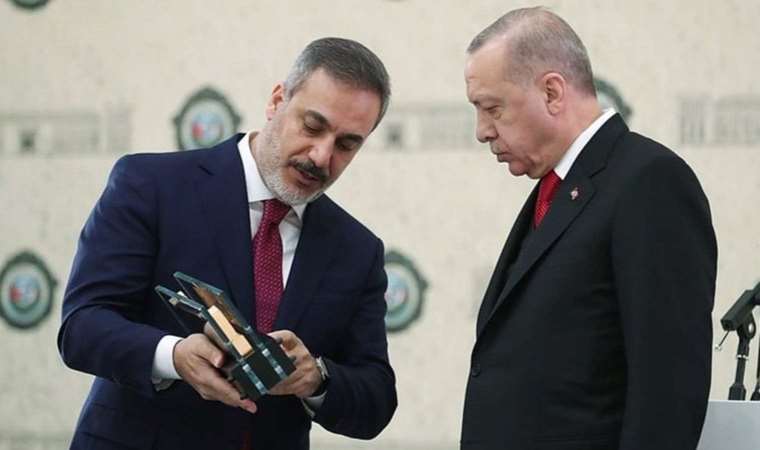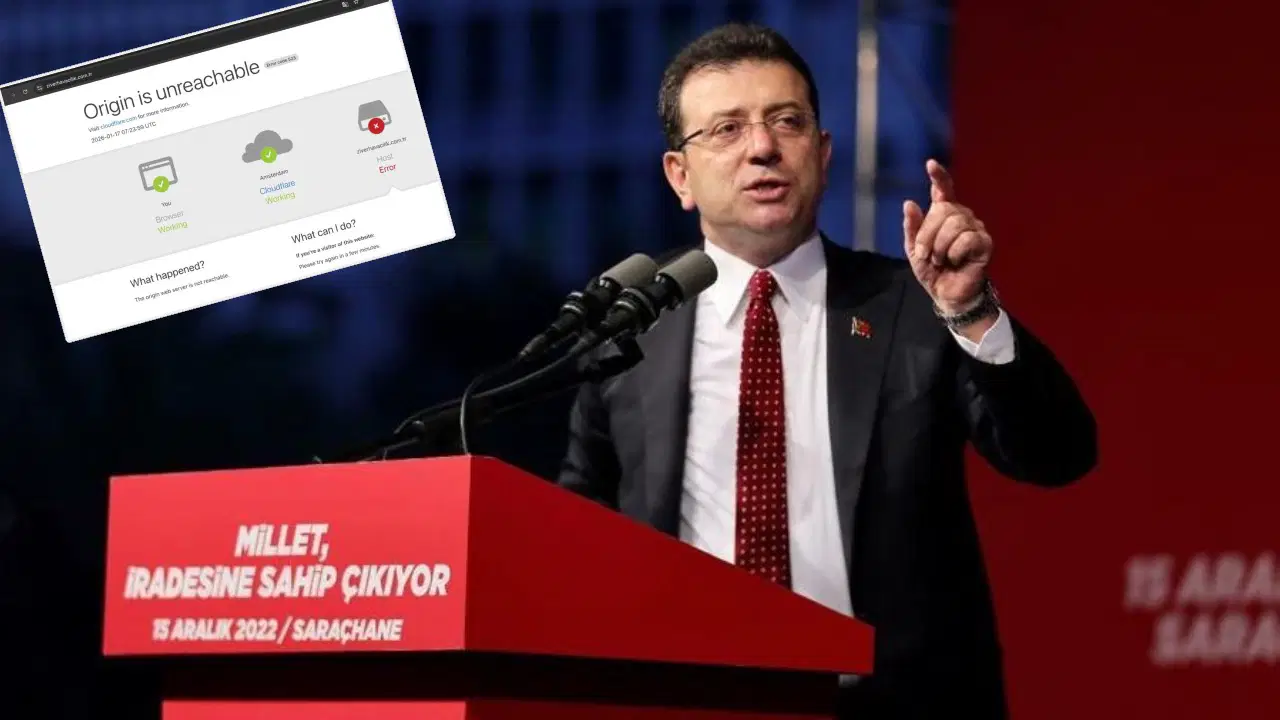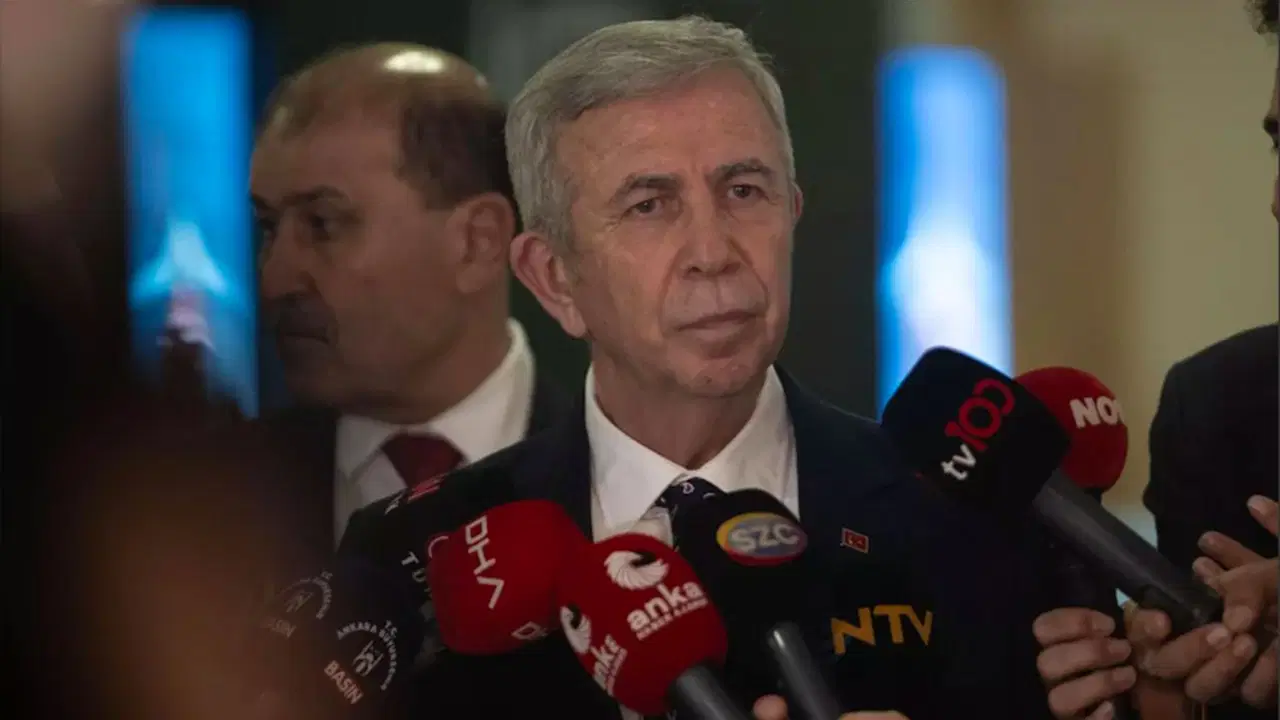The term "strategic blindness" finds itself in the critique of the conformist approach within European political circles, recently resonating through the words of Foreign Minister Hakan Fidan and, before that, President Recep Tayyip Erdoğan. Their concerns over the intermittent employment of the concept to exclude Turkey from the EU accession process echo broader sentiments shared, at times, by fellow Europeans.
However, the scope of this issue transcends the binary question of Turkey's EU membership, encompassing an analogous attitude towards Russia.
In my column dated October 17, 2022, I dissected the European Union's stance as follows:
"The EU's pursuit of security in collaboration with the US through NATO has resulted in the exclusion of both Turkey and Russia. This move has marginalized Turkey and ignited tensions with Russia. However, the geographical fabric of Europe encompasses these nations, mandating a security paradigm that accommodates them both. Remarkably, the EU stands as the primary economic partner for both countries. The influence of energy resources on diplomatic dynamics is undeniable. Neglecting these realities poses a formidable challenge to constructing a robust security framework. While the European Political Communities (EPC) initiative displays a positive trajectory, an approach to European security that excludes Russia would usher in fresh predicaments while inadvertently advancing US interests. The imperative to forge the European Security Treaty (ETS) as a medium-term platform for security and prosperity cooperation rests squarely on the shoulders of EU leaders. This challenge persists, even within a less-than-favourable conjuncture marked by the Russia-Ukraine conflict, as a dearth of visionary leadership hampers progress in this direction..."
It's imperative to clarify that strategic blindness isn't confined to European political spheres. A term once reserved for criticism holds relevance in the context of Erdoğan and Fidan's approach to Syria policy.
A range of factors contribute to this assertion.
Notably, they were ill-prepared for possible developments. Their collaborative endeavour with the US to oust Assad faltered, leading to a colossal refugee influx and continued challenges in managing it. The integrity of national identity, demographics, and culture remains compromised, bearing a significant share of the responsibility for the recent economic struggles. The complex Hatay region underscores the gravity of these implications.
However, Retired Ambassador Şükrü Elekdağ, had steeped in experience and sounded the alarm back in 2013, labelling the Syria policy pursued by Erdoğan and allies as "the gravest foreign policy mistake in our history." He noted how the decision's repercussions far exceed historical blunders, citing parallels to the misguided resolutions of the past.
Reflecting on those words, it becomes evident that the strategic blindness charge holds validity. In an interview with Uğur Dündar of Sözcü newspaper on May 20, 2013, Ambassador Elekdağ conveyed a perspective characterized by strategic clarity rather than strategic blindness:
Elekdağ said, "The AKP government's actions of opening Turkey's borders to the tumultuous Arab Spring and the ensuing wave of terrorism stand as crucial missteps. Reflecting on the most significant blunders in foreign policy during the Republican era, one's mind gravitates toward the 1961 decision to deploy Jupiter missiles in Turkey and the adoption of the Rogers Plan in 1979. However, the repercussions stemming from these errors pale in comparison to the perils and menaces that the AKP's Syria policy casts over Turkey..."
Turning the focus to Assad, a hint of strategic blindness emerges. Rejecting a meeting with Erdoğan, especially when Turkey is poised to rectify its course, smacks of shortsightedness. The refusal disregards the opportunity to fortify territorial integrity and political unity.
Should recent developments sway this stance, one might contest their accuracy.
Notably, the Syrian Arab Republic joined the Arab League in May. Subsequently, the UN Security Council extended international aid through Turkey for six months starting July 12. A shift emerges as aid will now flow directly through Assad's regime, altering the distribution dynamics.
Sedat Ergin's evaluation underscores this agreement's significance, noting how it bolsters Assad's standing within the international framework (Hürriyet, August 12, 2023). This sentiment garners consensus.
Considering these developments, linking the Erdoğan meeting with the Turkish army's withdrawal from Syria is akin to putting the cart before the horse. Presently, the Turkish military could relinquish control over the area within a span of 1-2 years. Moreover, the Ankara Treaty, extending the Adana Agreement, accommodates a gradual shift in perception toward this military presence.
Evidently, strategic blindness assumes a dire role, casting a shadow over the implications of shortsighted decisions.















